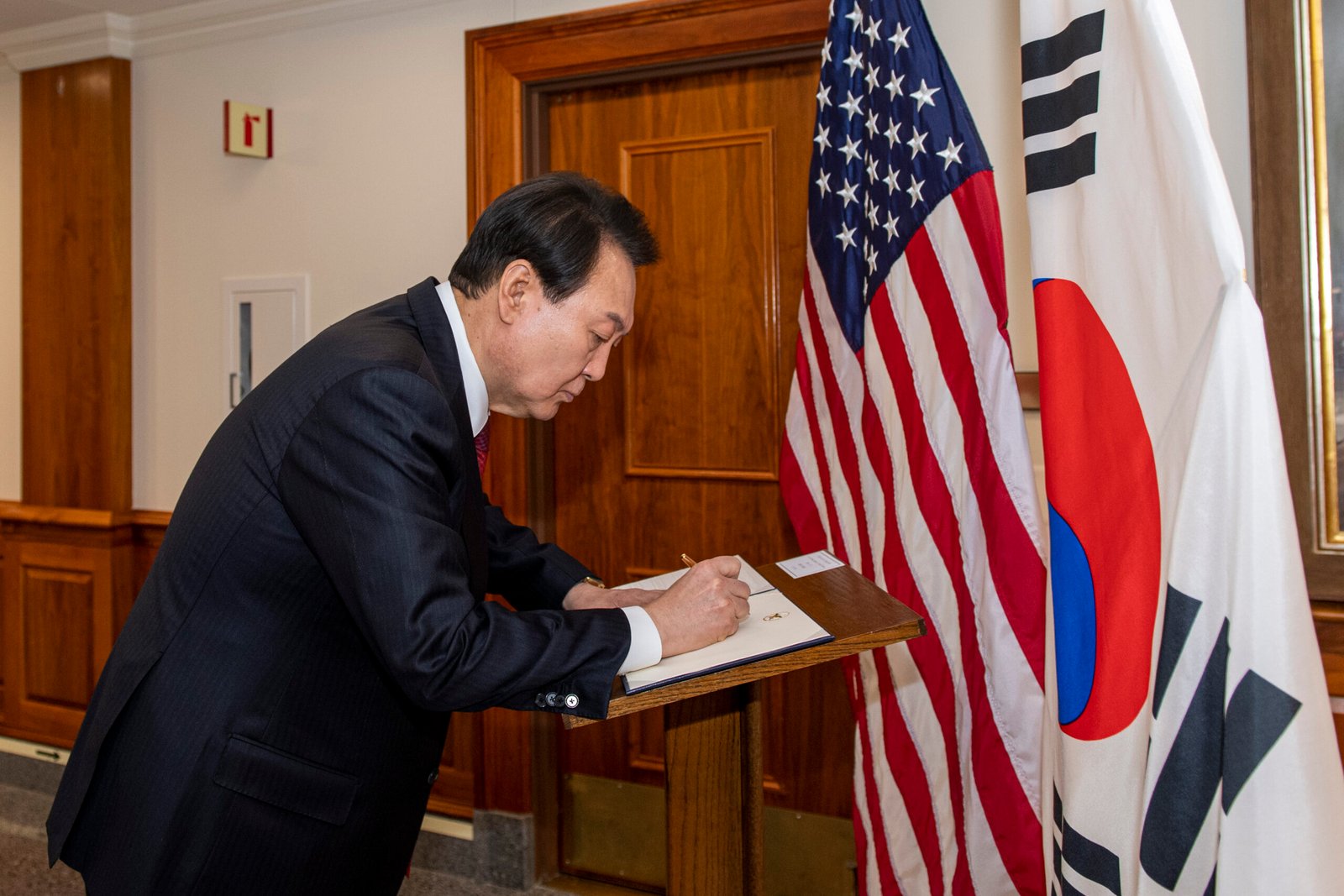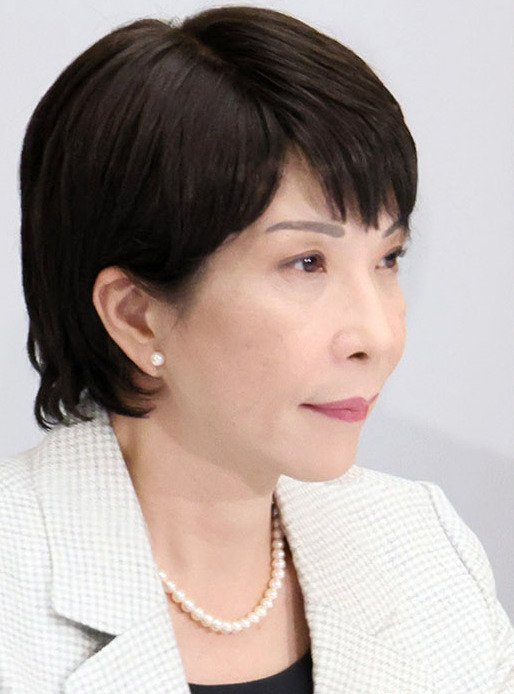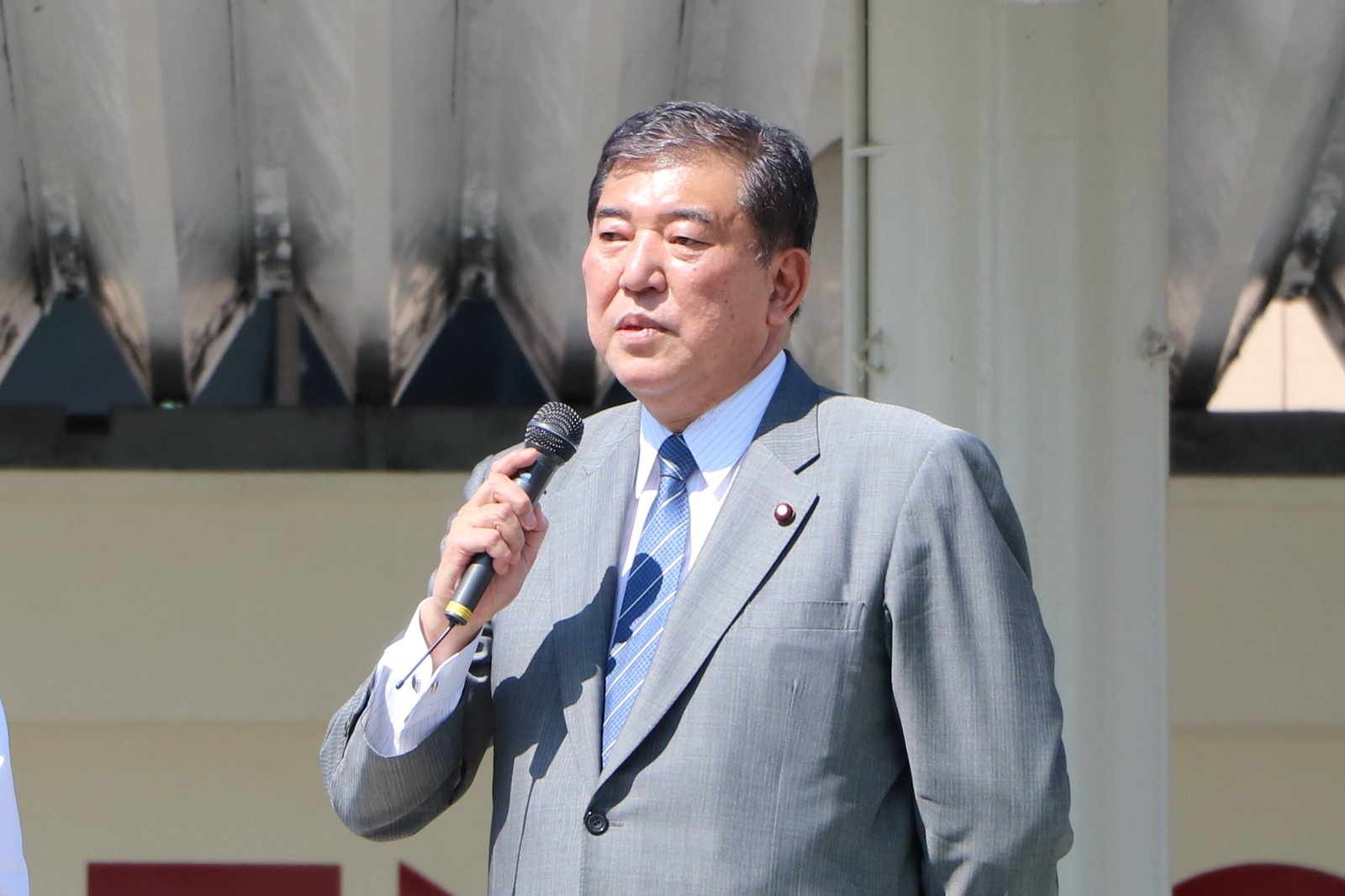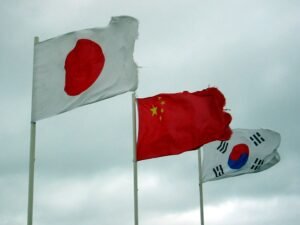Japan, U.S., South Korea Unite Amid North Korea Threat
- Amidst political turmoil in Seoul, Japan, the US, and South Korea have pledged to collaborate closely in dealing with North Korea.
- The three nations expressed concern over North Korea’s escalating military cooperation with Russia, including the dispatch of troops to aid in the Ukraine war.
- They also discussed disrupting North Korea’s cyber activities and seeking the return of abductees, detainees, and unrepatriated prisoners of war.
- The recent political developments in South Korea and the reaffirmed commitment of Japan, the US, and South Korea underscore the complex geopolitical dynamics in East Asia.
In a recent development that has sent shockwaves through the international community, Japan, the United States, and South Korea have reaffirmed their commitment to closely collaborate in dealing with North Korea. This decision comes amidst the political turmoil in Seoul, triggered by President Yoon Suk Yeol’s short-lived declaration of martial law. The senior officials from the three nations convened in Tokyo, expressing their serious concerns over North Korea’s escalating military cooperation with Russia. This includes the recent dispatch of North Korean troops to aid in the war against Ukraine and the ongoing development of nuclear and missile programs.
The meeting followed the implementation of a North Korea-Russia defense cooperation treaty, which includes a clause for mutual assistance if either country comes under attack. The officials involved in the talks were Hiroyuki Namazu, director general of the Japanese Foreign Ministry’s Asian and Oceanian Affairs Bureau, Daniel Kritenbrink, U.S. assistant secretary of state for East Asian and Pacific affairs, and Cho Koo Rae, South Korea’s vice foreign minister for strategy and intelligence. They emphasized the importance of cooperation even in the face of various complicating situations, alluding to the recent developments in South Korea.
Reactions to Yoon’s Martial Law Declaration
The three countries also discussed progress on initiatives to disrupt North Korea’s malicious cyber activities. They reaffirmed their commitment to jointly seeking the immediate return of abductees, detainees, and unrepatriated prisoners of war in North Korea. President Yoon’s declaration of martial law, which lasted only six hours, sparked severe criticism from the country’s public and lawmakers. Despite surviving an opposition-led impeachment attempt, the ruling party has stated that he will not be actively governing ahead of his impending resignation.
Since Yoon, known for his hard-line stance towards North Korea, took office in 2022, the United States and its two close Asian allies have been enhancing their defense collaboration. South Korea and Japan have also seen their bilateral ties improve after years of strained ties over wartime compensation and other disputes. In a related development, South Korea’s Justice Ministry imposed an overseas travel ban on President Yoon Suk Yeol as authorities investigate allegations of rebellion and other charges in connection with his short-lived declaration of martial law last week.
Historical Parallels and Future Implications
The president’s declaration of martial law, which lasted only six hours, triggered harsh criticism from the country’s public and lawmakers. The president survived an opposition-led impeachment attempt over the weekend, but the ruling party has said he will not be actively governing ahead of his impending resignation. This situation bears a striking resemblance to the political crisis that unfolded in South Korea in the late 1980s. The country was transitioning from a military dictatorship to a democratic government, and the process was fraught with political instability and public unrest.
The current political turmoil in South Korea serves as a stark reminder of the country’s tumultuous past and the challenges it faces in maintaining its democratic institutions. The recent political developments in South Korea have significant implications for the geopolitical dynamics in East Asia. The reaffirmation of cooperation between Japan, the United States, and South Korea in dealing with North Korea underscores the importance of regional collaboration in maintaining peace and stability.
In conclusion, the recent political developments in South Korea and the reaffirmed commitment of Japan, the United States, and South Korea to collaborate in dealing with North Korea underscore the complex geopolitical dynamics in East Asia. As the situation continues to evolve, the international community will be closely monitoring the actions of these key players in the region. The events serve as a stark reminder of the delicate balance of power in the region and the importance of maintaining democratic institutions in the face of political turmoil.













Post Comment